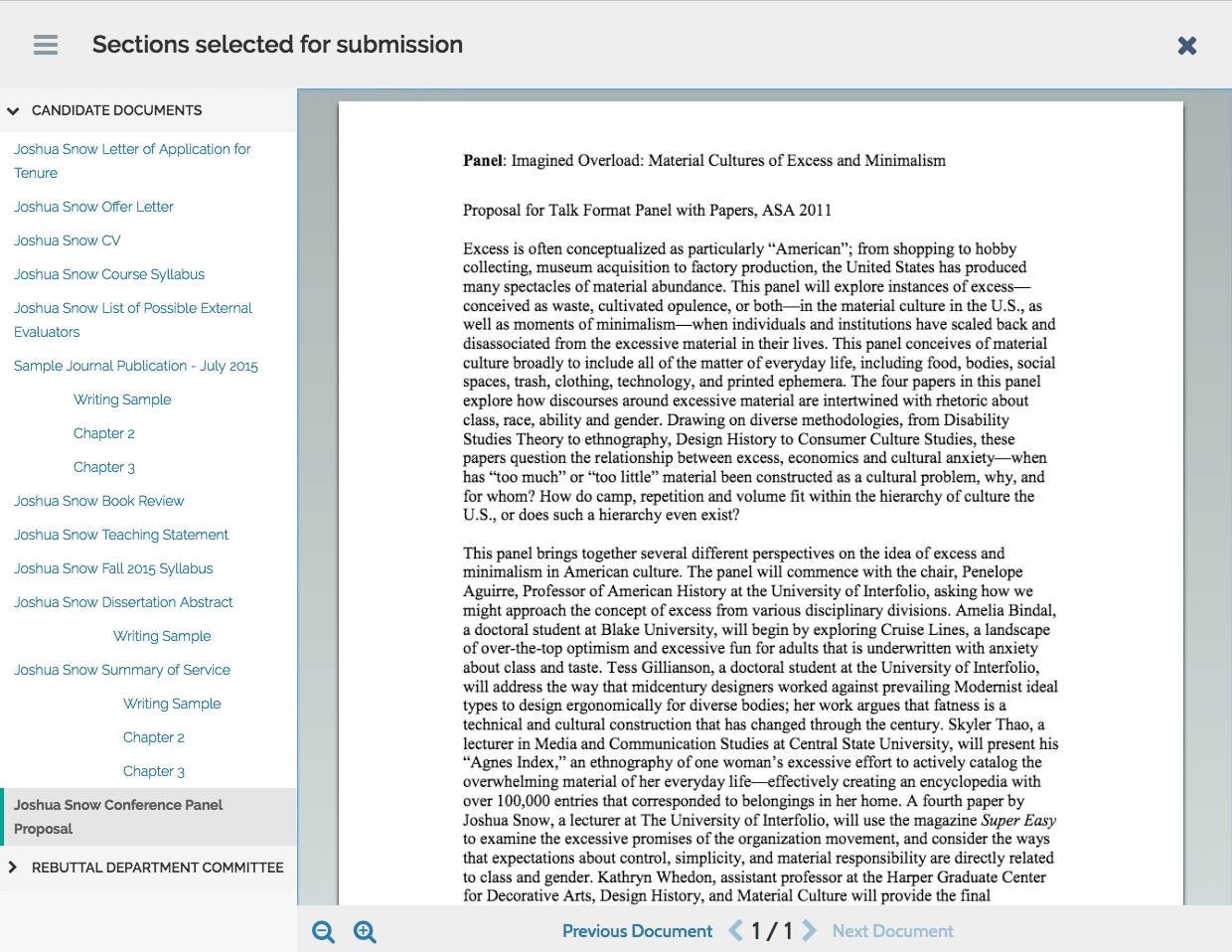
Consequently, the review process must evaluate the candidate's performance in the same categories of scholarship, teaching, and service as are addressed when a candidate is reviewed for tenure. The decision to award a second four-year contract to an assistant professor is a major commitment.

(See Policy 201 for rules on when the tenure clock starts.)

This review will take place no later than the sixth semester of the candidate’s first contract (allowing for applicable leaves). The first contract is awarded at the time of employment and the reappointment is awarded following a successful review of work done during the first contract. Reappointment of Assistant ProfessorsĪccording to Policy 201 “Faculty appointments, promotions, and tenure” section 3.a.1., the employment of assistant professors at Rice is governed by two consecutive contracts, each of four years duration. In the event of a discrepancy, the current university policy shall apply. However, the reader is strongly encouraged to refer to the most current policy version and ensure that the quoted regulation remains unchanged. In some cases, we have also quoted the relevant text at the time of writing. To both enhance usability and avoid inconsistencies, we have linked to university policies where applicable. The president and provost may share the P&T Committee's recommendations with the respective deans, but otherwise no one may disclose those recommendations either before or after the list of promotions has been published. No person meeting with the P&T Committee should draw inferences about the process or disclose to the candidate or to others what takes place at a P&T Committee meeting at any time. Except as specified in these procedures, all persons involved in a review must hold in strict confidence all discussions and materials related to the review, including but not limited to: the letters of both internal and external reviewers the letters of collaborators, former advisors, and former supervisors letters of recommendation from deans and department chairs testimony to the P&T Committee by deans, department chairs, and internal reviewers and all deliberations and discussions at the departmental, school, or P&T Committee levels. Strict adherence to confidentiality is important at all stages of review processes. However, where similarities between disciplines do exist, the procedures for evaluations are expected to be similar. The provost, P&T Committee, and Faculty Senate recognize that both the nature of scholarship and the venues that are used to communicate this scholarship vary widely across disciplines. This document provides continuity to the process, guidance for those who are new to the process, and a reference for those who have participated before.Īs much as possible, it is also important that processes be applied uniformly to the many different disciplines at Rice. Turnover occurs in the ranks of those who evaluate candidates for promotion and tenure new members are elected and appointed to the P&T Committee deans and department chairs change. Any actions that occur outside of these procedures should be approved by the relevant dean or provost prior to implementation.Įxcept for changes due to policy revisions, the procedures by which candidates are evaluated should remain consistent over time. However, in the event of any conflict between these Procedures and Policy 201, Policy 201 shall apply. These procedures are fully consistent with Policy 201 and should be followed as closely as possible. This document was prepared originally by the Promotion and Tenure Committee (herein “P&T Committee” or “Committee”) to provide guidance on procedures and has been revised and updated under the auspices of the Office of the Provost and the Faculty Senate. Part IV provides a timeline for the processes associated with promotion, promotion to tenure, and reappointment, and Part V outlines the appeal process.


Part II describes the review process for promotion of assistant professors to associate professor with tenure, and Part III describes the review process for promotion from the tenured rank of associate professor to (full) professor. The reappointment process does not usually engage external reviewers. Part I describes the third-year review process (“appointment renewal” or “reappointment” for assistant professors. This document is a companion to Rice University's policies on Faculty Appointments, Promotions and Tenure ( Policy 201) and is intended to serve as a guide for candidates, department chairs, deans, other academic leaders, and members of the Promotion and Tenure Committee.


 0 kommentar(er)
0 kommentar(er)
